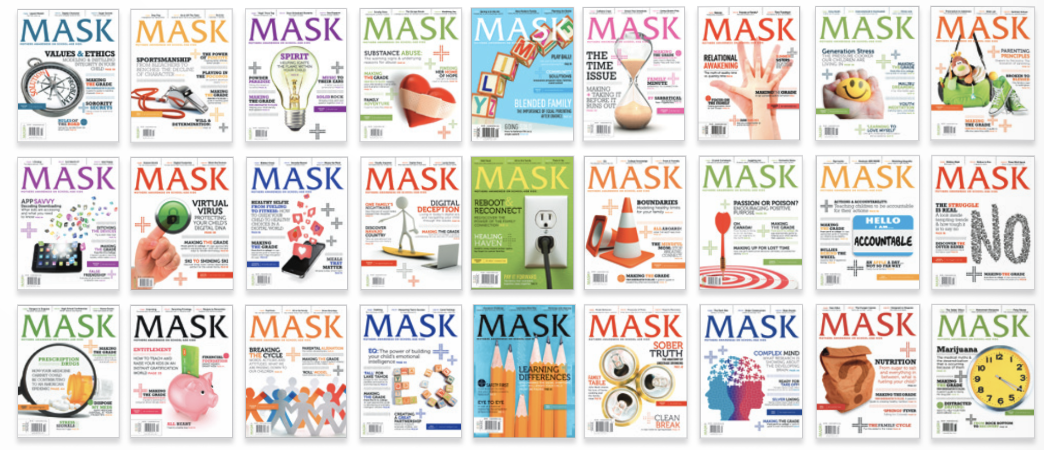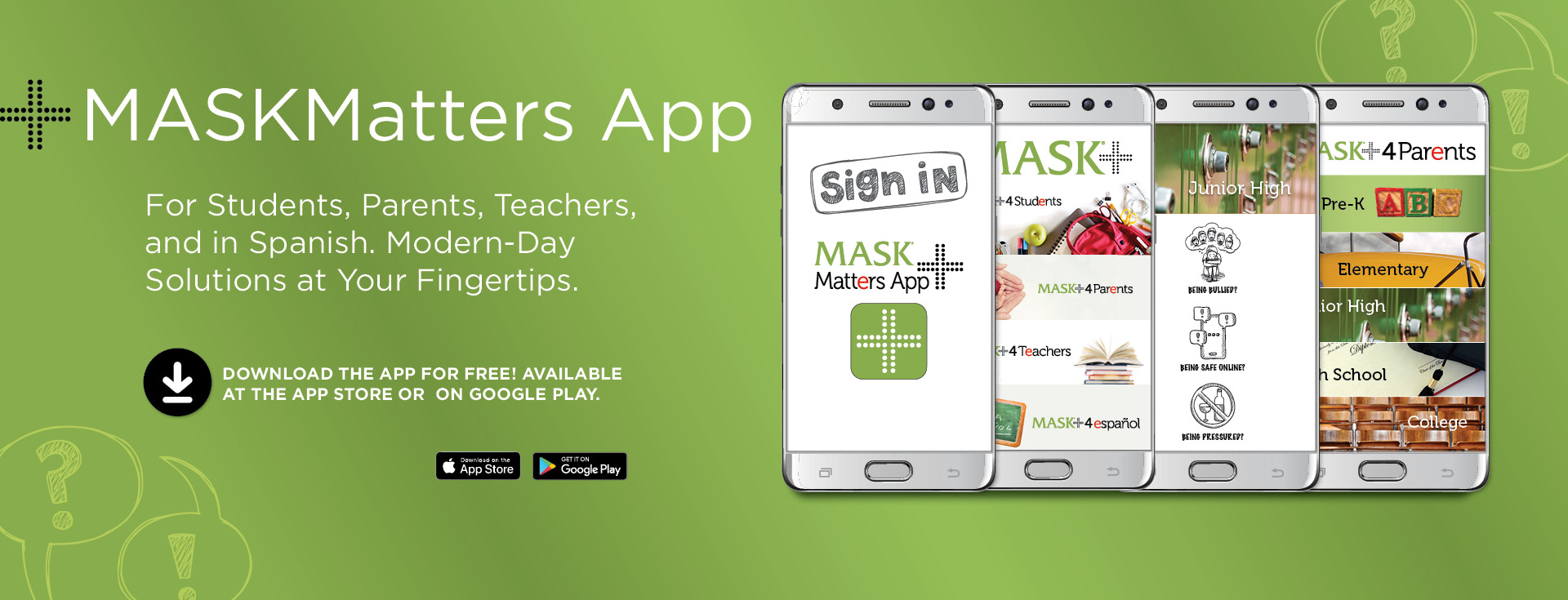
From Expectations to Acceptance
June 14, 2022
Five Things to Remove from Social Media
June 16, 2022Abusive/toxic relationships or intimate partner violence (IPV) can be hard to recognize sometimes. Many times, there are signs from the beginning that your partner could be abusive, but many times the signs are not as clear and it can be hard to leave the relationship. Perpetrators of IPV often use threats to the victim as well as to family, friends, children, or pets as a way to control them and to prevent the victim from leaving. Other times, the victim may not know how to leave or have resources to use so that they can get away. Learning about where to find domestic violence and IPV resources is very important part of any discussion about abusive relationships.
Abusive or toxic relationships can often be characterized by several behaviors or attitudes that are hard to miss such as physical aggression or demeaning/disrespectful treatment. Other times, signs of toxic relationships are hidden in microaggressions that often include dynamics of power, control, betrayal, and stigmatization that are manifested in many different ways. Behaviorally, these dynamics may manifest as extreme jealousy that is unwarranted, taking control over someone’s finances, forbidding them from working, or isolating them from friends, family and support systems. More covert or non-observable signs of abuse may come in the form of withholding affection/basic needs, belittling or making the other person feel ashamed about themselves, spreading rumors or using social power to make them feel excluded or keeping them from engaging heir support systems by forbidding contact with friends. Teaching individuals to identify signs is an important strategy to help with preventing anyone from getting involved in a toxic relationship. Use psychoeducation materials such as handouts or participate in prevention groups such as Bloom360 are great tools on how to identify signs of intimate partner violence.
Most important is to help find ways to prevent individuals from getting into toxic relationships in the first place. A critical preventative strategy lies in helping individuals build personal resilience skills. Assertive communication, physical health, emotional regulation, self-confidence, having a support system, and having access to accurate information are healthy resiliency skills that can prevent someone from getting trapped in an unhealthy or abusive relationship. Creating protective environments within the person’s primary support system is also another critical way in which we can prevent abusive relationships. Teaching our children about consent, identifying what shared power looks like in an intimate relationship, and teaching empathy can also help prevent individuals from becoming perpetrators of abusive relationships. Early education about resiliency in relationships can be another preventive tool in stopping the cycle of teen IPV and abusive relationships.
MASK the Parenting Magazine a quarterly publication providing solutions for Today’s Families.
The parenting manual offering solutions to the modern-day challenges families face. From Pre-K through College stay up to date on the modern day issues families face.
Are you up to date on the issues your child is facing?
MASK Mothers Awareness on School-age Kids offers parenting solutions for today’s families. MASK tackles important topics – from drugs and alcohol to bullying and Internet safety -and gives students, parents and the community the knowledge and tools to manage these potential challenges.
Subscribe today! https://www.tools4teaching.com/product/mask-the-magazine/
Download and share the MASKmatters app now! Made for children, parents, teachers and in Spanish.
Have solutions at your fingertips
Available free on apple and google play links below
Apple https://apps.apple.com/us/app/maskmatters/id1482305692
Googe Play https://play.google.com/store/apps/details?id=com.maskmatters.maskmattersapp&hl=en_US&gl=US
By// Dr. Shefali Gandhi




